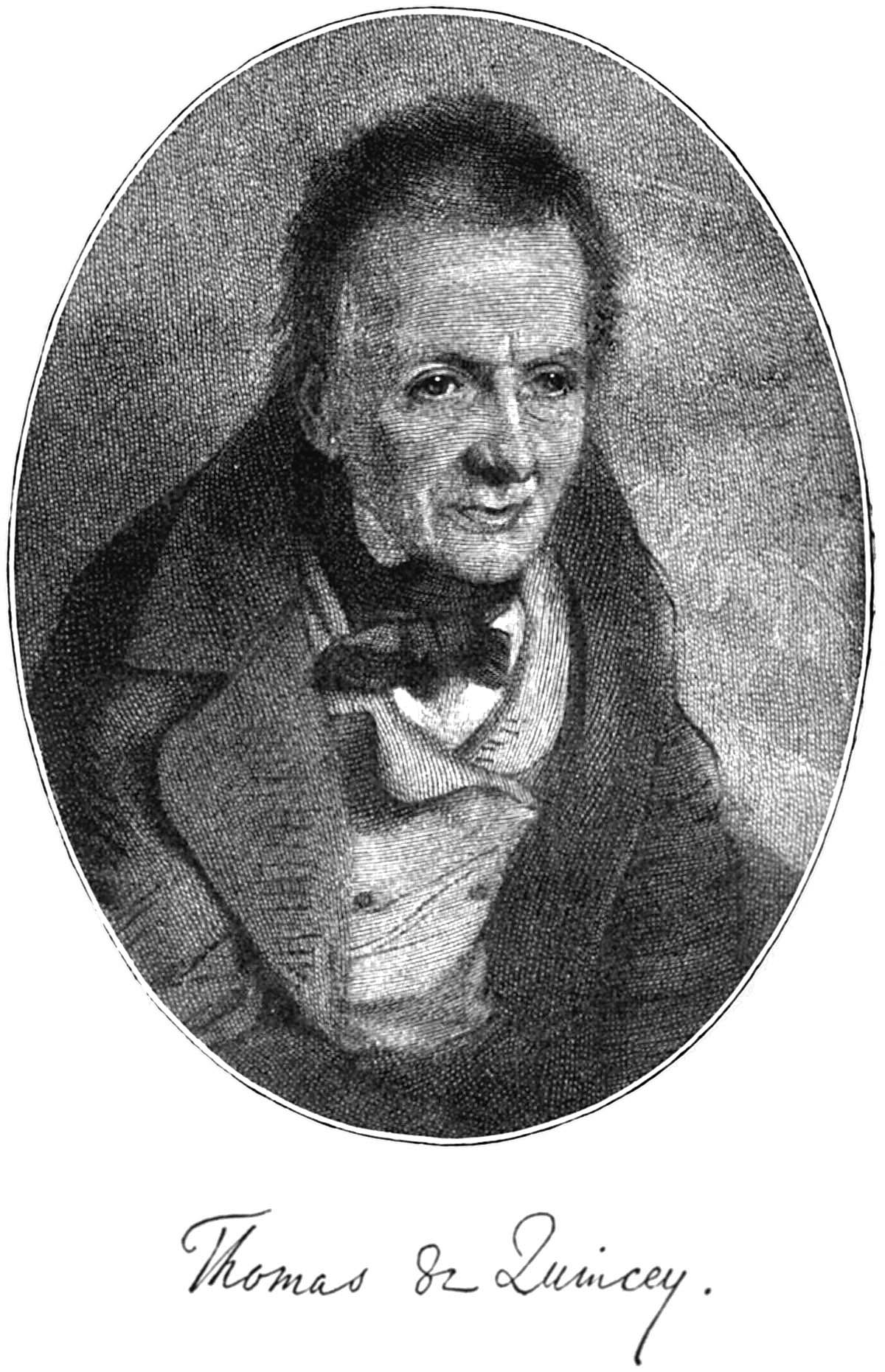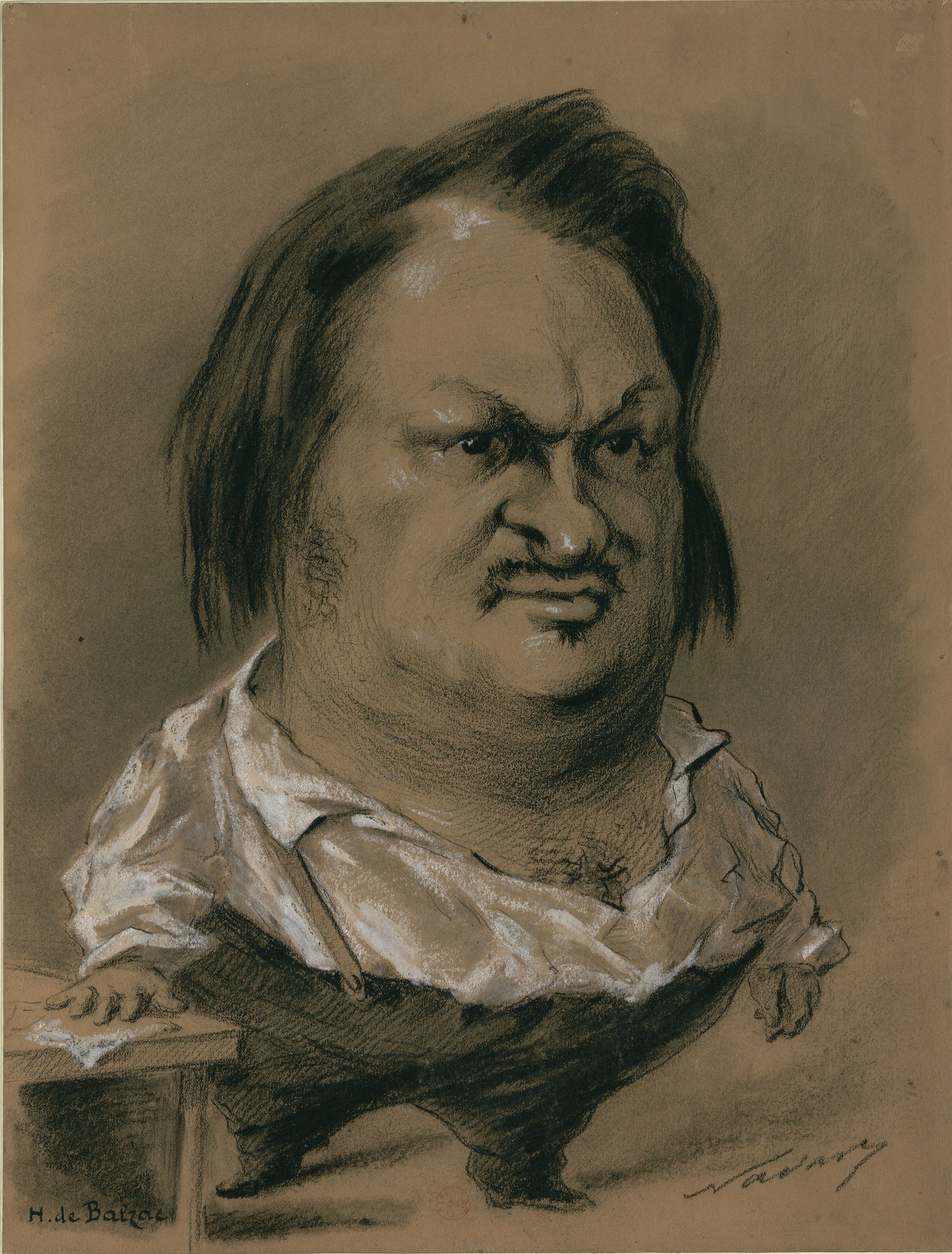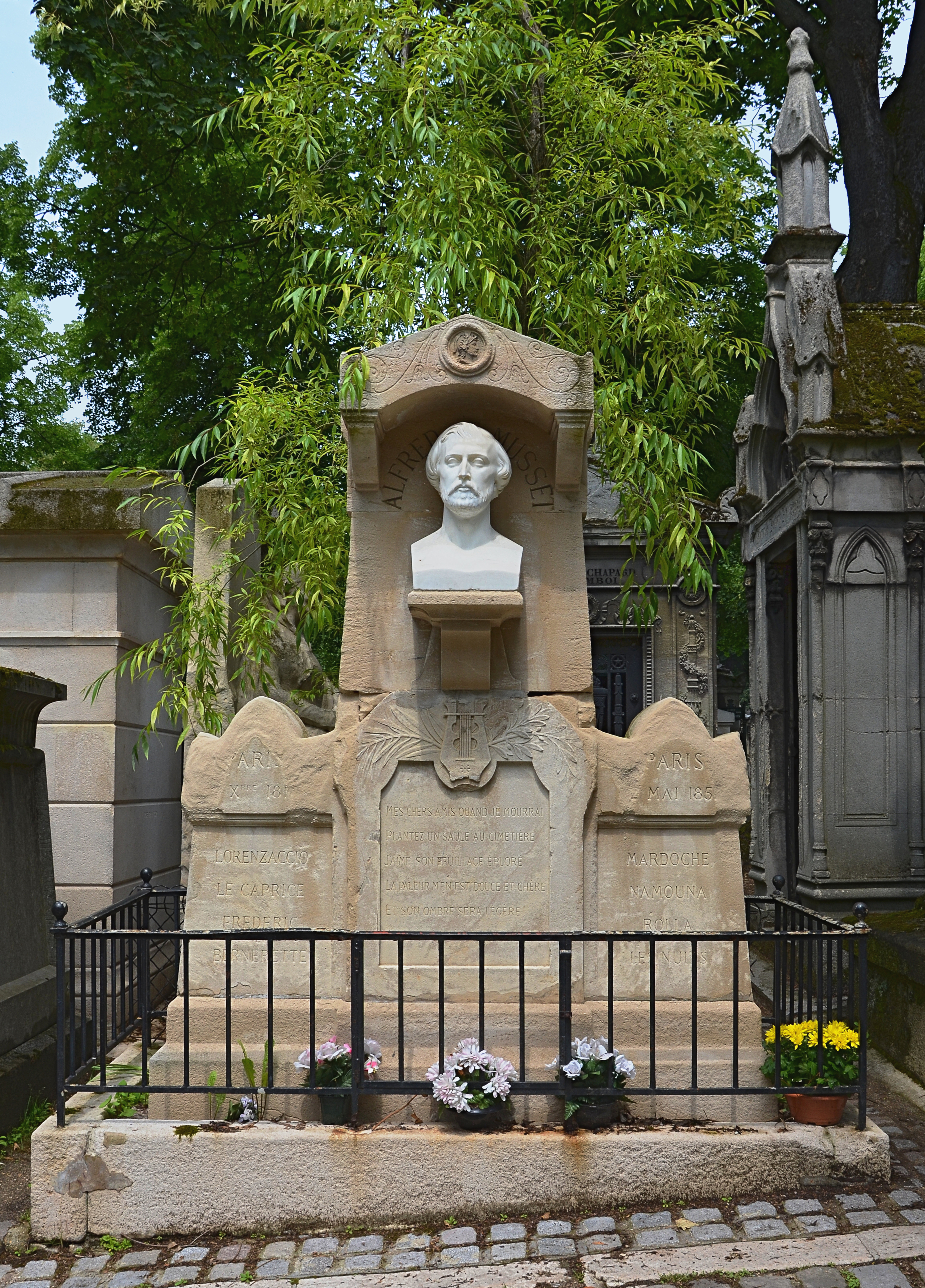|
1845 In Literature
This article contains information about the literary events and publications of 1845. Events * January 10 – Robert Browning begins his correspondence with his future wife, fellow poet Elizabeth Barrett. On May 20 they meet for the first time. She begins writing her ''Sonnets from the Portuguese''. * January 29 – Edgar Allan Poe first publishes the narrative poem "The Raven", under his own name in ''The Evening Mirror'' of New York, of which he is a staff critic until February. It is rapidly reprinted across the United States and appears in book form by the end of the year. * March – Walt Whitman publishes a short story, "Arrow-Tip" (later renamed " The Half-Breed"). * April – Nathaniel Hawthorne first publishes the short story "P.'s Correspondence", a pioneering example of alternate history, in which deceased writers and political figures (such as Keats, Shelley and Byron) are described as still living, and vice versa. The story appears in ''The United States Magazine an ... [...More Info...] [...Related Items...] OR: [Wikipedia] [Google] [Baidu] |
Lord Byron
George Gordon Byron, 6th Baron Byron (22 January 1788 – 19 April 1824) was an English poet. He is one of the major figures of the Romantic movement, and is regarded as being among the greatest poets of the United Kingdom. Among his best-known works are the lengthy narratives ''Don Juan (poem), Don Juan'' and ''Childe Harold's Pilgrimage''; many of his shorter lyrics in ''Hebrew Melodies'' also became popular. Byron was educated at Trinity College, Cambridge, before he travelled extensively in Europe. He lived for seven years in Italy, in Venice, Ravenna, Pisa and Genoa after he was forced to flee England due to threats of lynching. During his stay in Italy, he would frequently visit his friend and fellow poet Percy Bysshe Shelley. Later in life, Byron joined the Greek War of Independence to fight the Ottoman Empire, for which Greeks revere him as a folk hero. He died leading a campaign in 1824, at the age of 36, from a fever contracted after the First Siege of Missolonghi, f ... [...More Info...] [...Related Items...] OR: [Wikipedia] [Google] [Baidu] |
Suspiria De Profundis
''Suspiria de profundis'' (a Latin phrase meaning "sighs from the depths") is a collection of essays in the form of prose poems by English writer Thomas De Quincey, first published in 1845. An examination of the process of memory as influenced by hallucinogenic drug use, ''Suspiria'' has been described as one of the best-known and most distinctive literary works of its era. Genre First published in fragmentary form in 1845, the work is a collection of short essays in psychological fantasy — what De Quincey himself called "impassioned prose," and what is now termed prose poetry. The essays of the ''Suspiria'' "are among the finest examples of De Quincey's or anyone else's English style." De Quincey conceived of the collection as a sequel to his masterwork, ''Confessions of an English Opium-Eater'' (1821). Like that work, the pieces in ''Suspiria de Profundis'' are rooted in the visionary experiences of the author's opium addiction. Publication De Quincey left the work in ... [...More Info...] [...Related Items...] OR: [Wikipedia] [Google] [Baidu] |
Thomas De Quincey
Thomas Penson De Quincey (; Thomas Penson Quincey; 15 August 17858 December 1859) was an English writer, essayist, and literary critic, best known for his ''Confessions of an English Opium-Eater'' (1821).Eaton, Horace Ainsworth, ''Thomas De Quincey: A Biography'', New York, Oxford University Press, 1936; reprinted New York, Octagon Books, 1972;Lindop, Grevel. The Opium-Eater: A Life of Thomas De Quincey'. J. M. Dent & Sons, 1981. Many scholars suggest that in publishing this work De Quincey inaugurated the tradition of addiction literature in the West. Life and work Child and student Thomas Penson Quincey was born at 86 Cross Street, Manchester, Lancashire. His father was a successful merchant with an interest in literature. Soon after Thomas's birth, the family moved to ''The Farm'' and then later to Greenheys, a larger country house in Chorlton-on-Medlock near Manchester. In 1796, three years after the death of his father, Thomas Quincey, his mother – the erstwhile Elizabe ... [...More Info...] [...Related Items...] OR: [Wikipedia] [Google] [Baidu] |
Sybil (novel)
''Sybil, or The Two Nations'' is an 1845 novel by Benjamin Disraeli. Published in the same year as Friedrich Engels's ''The Condition of the Working Class in England in 1844'', ''Sybil'' traces the plight of the working classes of England. Disraeli was interested in dealing with the horrific conditions in which the majority of England's working classes lived — or, what is generally called the Condition of England question. Political context The book is a roman à thèse, or a novel with a thesis — which was meant to create a furor over the squalor that was plaguing England's working class cities. Disraeli's interest in this subject stemmed from his interest in the Chartist movement, a working-class political reformist movement that sought universal male suffrage and other parliamentary reforms. (Thomas Carlyle sums up the movement in his 1839 book ''Chartism''.) Chartism failed as a parliamentary movement (three petitions to Parliament were rejected); however, five of the ... [...More Info...] [...Related Items...] OR: [Wikipedia] [Google] [Baidu] |
Roman à Thèse
A (French; ) is a novel which is didactic or which expounds a theory. In a book on the genre and French examples thereof, ''Authoritarian Fictions: the Ideological Novel as a Literary Genre'', literary scholar Susan Suleiman proposed the definition "a novel written in the realistic mode ..which signals to the reader as primarily didactic in intent, seeking to demonstrate the validity of a political, philosophical, or religious doctrine." List of * ''Candide'' by Voltaire * ''Sybil'' by Benjamin Disraeli * ''Crime and Punishment'' by Fyodor Dostoyevsky * '' The Plague'' by Albert Camus * '' The Stranger'' by Albert Camus * ''Atlas Shrugged'' by Ayn Rand * ''Runaway Horses'' by Yukio Mishima See also *Bildungsroman *Philosophical fiction *Roman-fleuve A book series is a sequence of books having certain characteristics in common that are formally identified together as a group. Book series can be organized in different ways, such as written by the same author, or marketed ... [...More Info...] [...Related Items...] OR: [Wikipedia] [Google] [Baidu] |
Young England
Young England was a Victorian era political group with a political message based on an idealised feudalism: an absolute monarch and a strong Established Church, with the philanthropy of '' noblesse oblige'' as the basis for its paternalistic form of social organisation. For the most part, its unofficial membership was confined to a splinter group of Tory aristocrats who had attended Eton and Cambridge together, among them George Smythe, Lord John Manners, Henry Thomas Hope and Alexander Baillie-Cochrane. The group's leader and figurehead was Benjamin Disraeli, who bore the distinction of having neither an aristocratic background nor a public school or university education. Young England promulgated a conservative and romantic species of social Toryism. Richard Monckton Milnes is credited with coining the name Young England, a name which suggested a relationship between Young England and the mid-century groups Young Ireland, Young Italy, Young Germany, and Young Eur ... [...More Info...] [...Related Items...] OR: [Wikipedia] [Google] [Baidu] |
Benjamin Disraeli
Benjamin Disraeli, 1st Earl of Beaconsfield (21 December 1804 – 19 April 1881) was a British statesman, Conservative Party (UK), Conservative politician and writer who twice served as Prime Minister of the United Kingdom. He played a central role in the creation of the History of the Conservative Party (UK), modern Conservative Party, defining its policies and its broad outreach. Disraeli is remembered for his influential voice in world affairs, his political battles with the Liberal Party (UK), Liberal Party leader William Ewart Gladstone, and his one-nation conservatism or "Tory democracy". He made the Conservatives the party most identified with the British Empire and military action to expand it, both of which were popular among British voters. He is the only British prime minister to have been British Jews, born Jewish. Disraeli was born in Bloomsbury, at that time a part of Middlesex. His father left Judaism after a dispute at his synagogue; Benjamin became an An ... [...More Info...] [...Related Items...] OR: [Wikipedia] [Google] [Baidu] |
Legion Of Honour
The National Order of the Legion of Honour ( ), formerly the Imperial Order of the Legion of Honour (), is the highest and most prestigious French national order of merit, both military and Civil society, civil. Currently consisting of five classes, it was originally established in 1802 by Napoleon, Napoleon Bonaparte, and it has been retained (with occasional slight alterations) by all later French governments and regimes. The order's motto is ' ("Honour and Fatherland"); its Seat (legal entity), seat is the Palais de la Légion d'Honneur next to the Musée d'Orsay, on the left bank of the Seine in Paris. Since 1 February 2023, the Order's grand chancellor has been retired General François Lecointre, who succeeded fellow retired General Benoît Puga in office. The order is divided into five degrees of increasing distinction: ' (Knight), ' (Officer), ' (Commander (order), Commander), ' (Grand Officer) and ' (Grand Cross). History Consulate During the French Revolution, all ... [...More Info...] [...Related Items...] OR: [Wikipedia] [Google] [Baidu] |
Honoré De Balzac
Honoré de Balzac ( , more commonly ; ; born Honoré Balzac; 20 May 1799 – 18 August 1850) was a French novelist and playwright. The novel sequence ''La Comédie humaine'', which presents a panorama of post-Napoleonic French life, is generally viewed as his ''Masterpiece, magnum opus''. Owing to his keen observation of detail and unfiltered representation of society, Balzac is regarded as one of the founders of Literary realism, realism in European literature. He is renowned for his multi-faceted characters; even his lesser characters are complex, morally ambiguous and fully human. Inanimate objects are imbued with character as well; the city of Paris, a backdrop for much of his writing, takes on many human qualities. His writing influenced many famous writers, including the novelists Émile Zola, Charles Dickens, Marcel Proust, Gustave Flaubert, and Henry James, and filmmakers François Truffaut and Jacques Rivette. Many of Balzac's works have been made into films an ... [...More Info...] [...Related Items...] OR: [Wikipedia] [Google] [Baidu] |
Alfred De Musset
Alfred Louis Charles de Musset-Pathay (; 11 December 1810 – 2 May 1857) was a French dramatist, poet, and novelist.His names are often reversed "Louis Charles Alfred de Musset": see "(Louis Charles) Alfred de Musset" (bio), Biography.com, 2007, webpageBio9413."Chessville – Alfred de Musset: Romantic Player", Robert T. Tuohey, Chessville.com, 2006, webpage: . Along with his poetry, he is known for writing the autobiographical novel ''La Confession d'un enfant du siècle'' (''The Confession of a Child of the Century''). Biography Musset was born in Paris. His family was upper-class but poor; his father worked in various key government positions, but never gave his son any money. Musset's mother came from similar circumstances, and her role as a society hostess – for example her drawing-room parties, luncheons and dinners held in the Musset residence – left a lasting impression on young Alfred. An early indication of his boyhood talents was his fondness for acting imprompt ... [...More Info...] [...Related Items...] OR: [Wikipedia] [Google] [Baidu] |
April 24
Events Pre-1600 * 1479 BC – Thutmose III ascends to the throne of Egypt, although power effectively shifts to Hatshepsut (according to the Low Chronology of the 18th dynasty). * 1183 BC – Traditional reckoning of the Fall of Troy marking the end of the legendary Trojan War, given by chief librarian of the Library of Alexandria Eratosthenes, among others. * 1547 – Battle of Mühlberg. Duke of Alba, commanding Spanish-Imperial forces of Charles I of Spain, defeats the troops of Schmalkaldic League. * 1558 – Mary, Queen of Scots, marries the Dauphin of France, François, at Notre-Dame de Paris. 1601–1900 * 1704 – The first regular newspaper in British Colonial America, '' The Boston News-Letter'', is published. * 1793 – French revolutionary Jean-Paul Marat is acquitted by the Revolutionary Tribunal of charges brought by the Girondin in Paris. * 1800 – The United States Library of Congress is established when President John ... [...More Info...] [...Related Items...] OR: [Wikipedia] [Google] [Baidu] |





